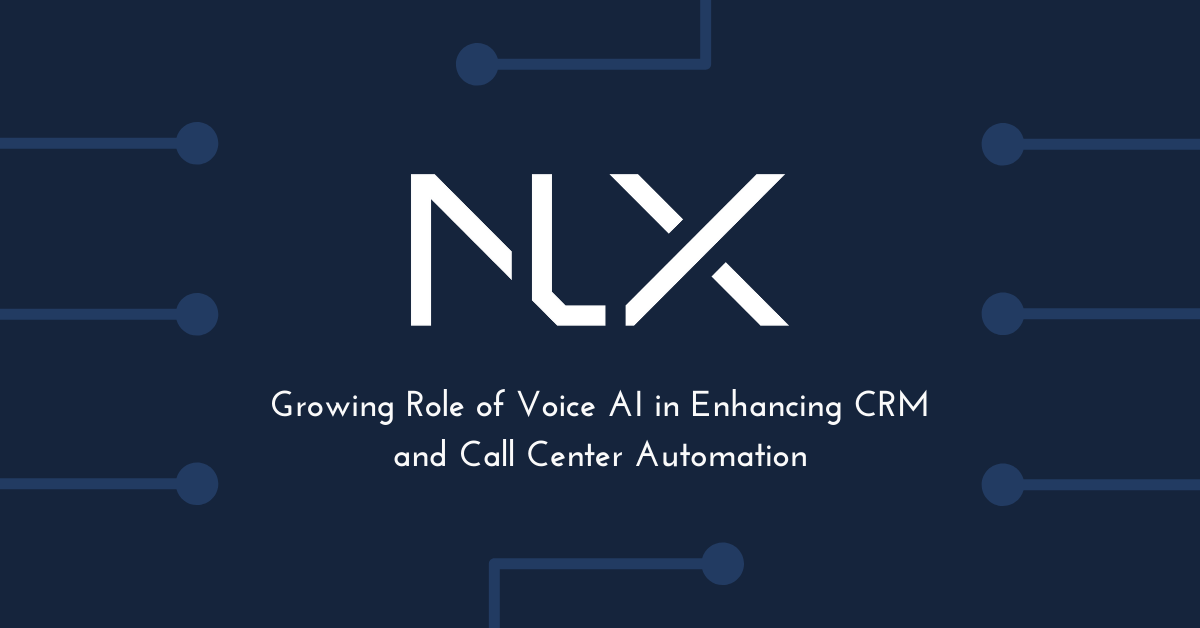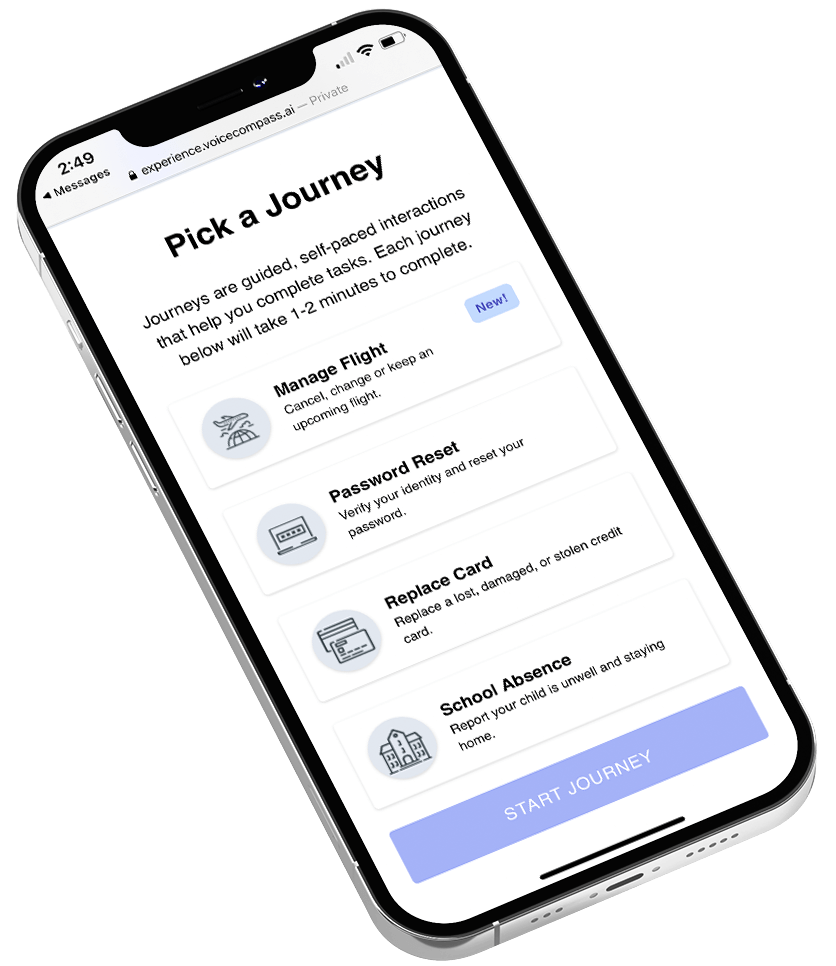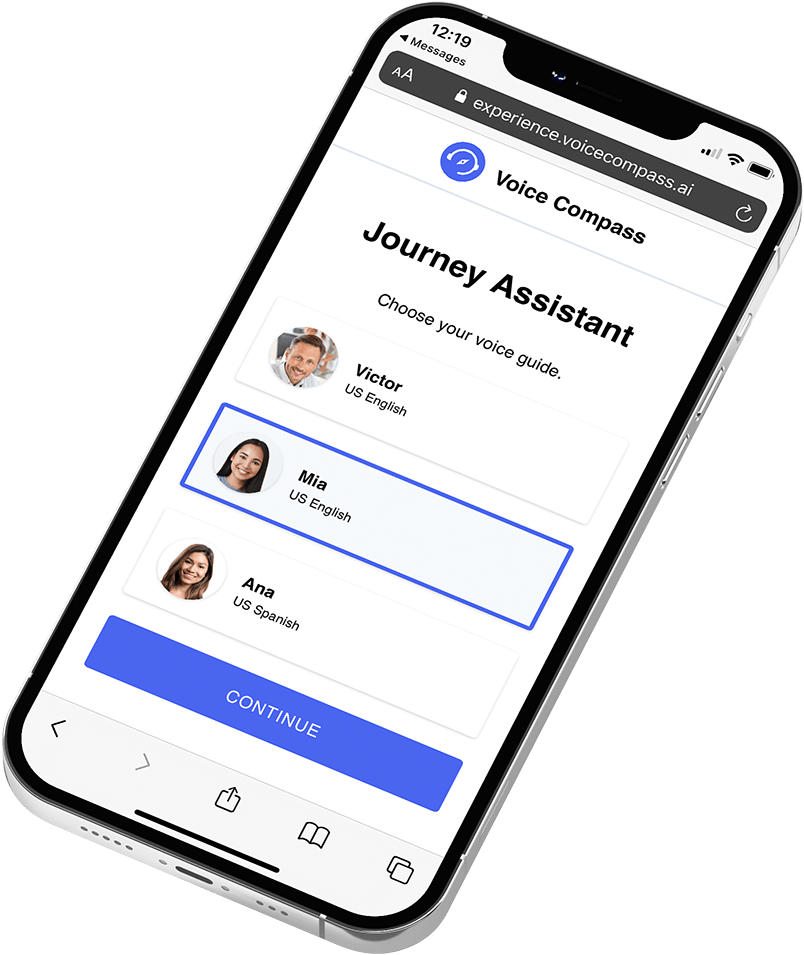Organizations can quickly deploy Voice AI Compass software as a service to enhance their customer service offering. The software delivers voice-guided, self-paced customer journeys that empower customers to complete routine tasks without having to talk to a real person, through the channels that are most familiar to them. Voice Compass Journeys are delivered through web pages, SMS Text, email, mobile phone, chat, voice and other popular channels that are already widely in use.
“By introducing auto-created tickets for each customer call, organizations can significantly increase the level of automation in their customer support services, increasing efficiency and reducing cost,” explains Andrei Papancea, CEO and co-founder at NLX.
“In fact, we have seen companies increase their level of call classification automation by more than 50%. This does not mean removing humans from the equation but rather harnessing the technology to augment people and make them more efficient. It means using technology to properly understand the customer service issues your business is addressing and then leveraging the technology alongside the CRM system you use to drive efficiency for the benefit of end-users.”
The key to increasing the automation of customer support calls is the process of making agent handling more efficient. This involves decreasing overall call times for agents by introducing customer self-service and accelerating call handling by providing clarity about calls being sent to live agents.
Indeed, the enhanced ticketing data provided through the CRM platforms means that clients can see which end-user inquiries can be completed via automated customer self-service and which prompts them to still speak with a human representative.
“Many companies fail to analyze incoming data; they either don’t have it annotated, or they don’t have the right tools or skill sets to kind of make sense of all the traffic that comes in,” continues Papancea.
“So instead, they end up being very reactive. They may get an influx of calls and divert people to answer the calls, but they fail to take a step back to understand why people are calling in and what they are calling about. Not enough are considering different ways of addressing this and fewer still how they could use automation to drive better, faster and more cost-effective first-time call resolution. But, unless you understand what your customers are calling you about and have concrete data points that support it, you’re not going to be able to automate. This process changes that because clients can capture quite granular data on the kind of issues that their customers are calling about at the time they are calling, all of which can then be used to inform which Voice Compass Journeys they should use for self-service during the call, and which new journeys can be implemented to provide higher levels of customer satisfaction.”
Voice Compass is a user-friendly, no-code solution that requires no prior technical expertise to learn and manage and is currently used by organizations across travel, hospitality, banking, insurance, retail and the public sector in Europe, Latin America and North America.



